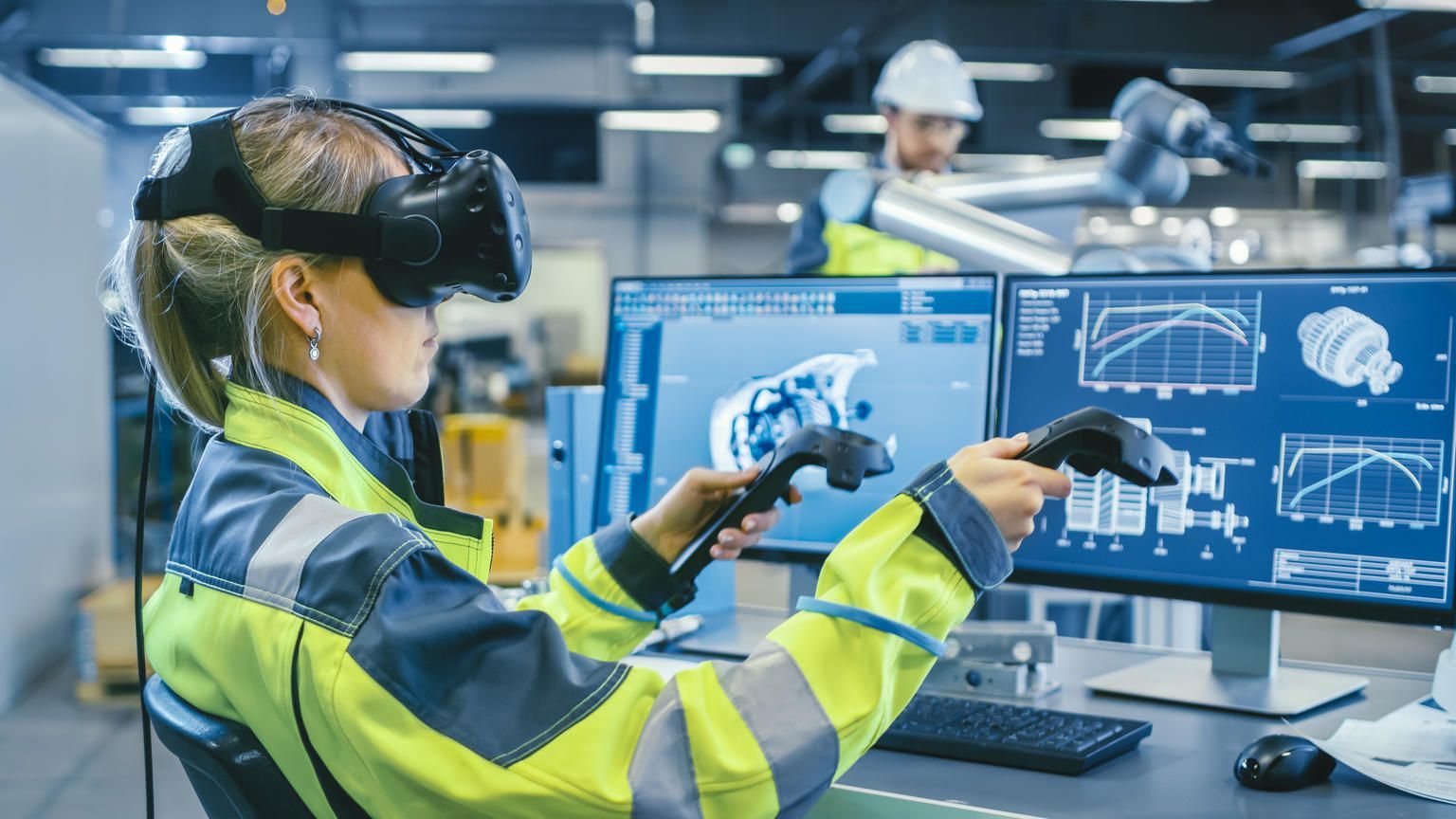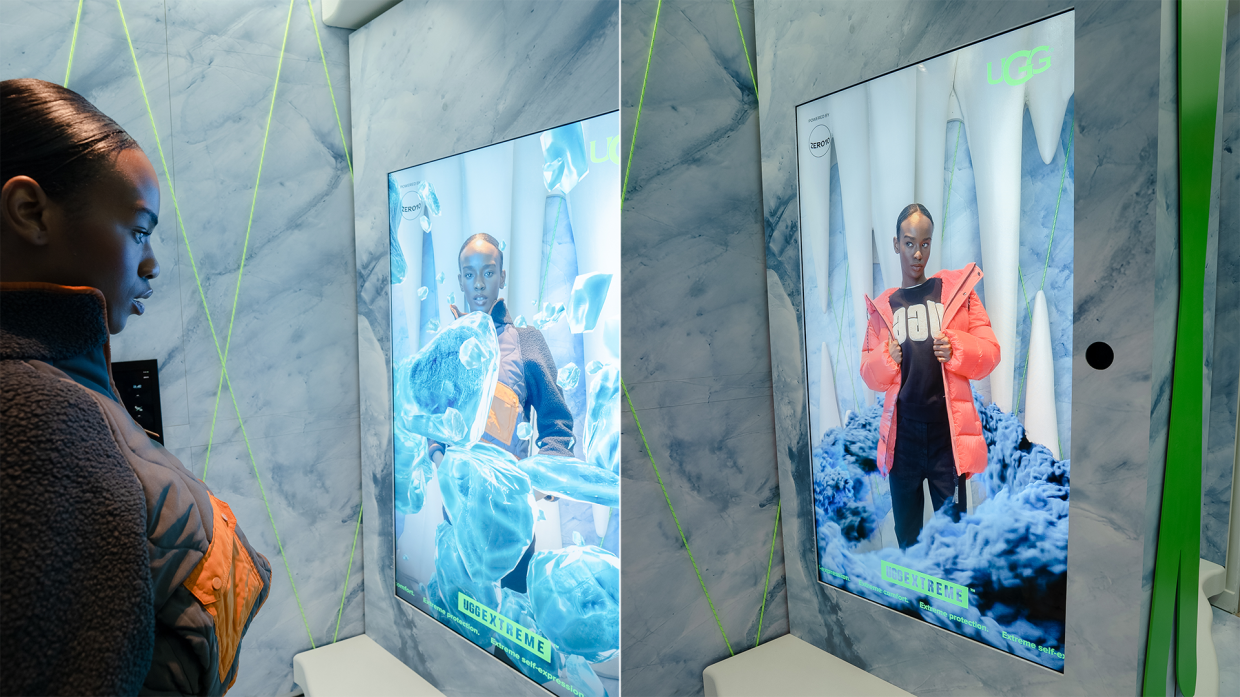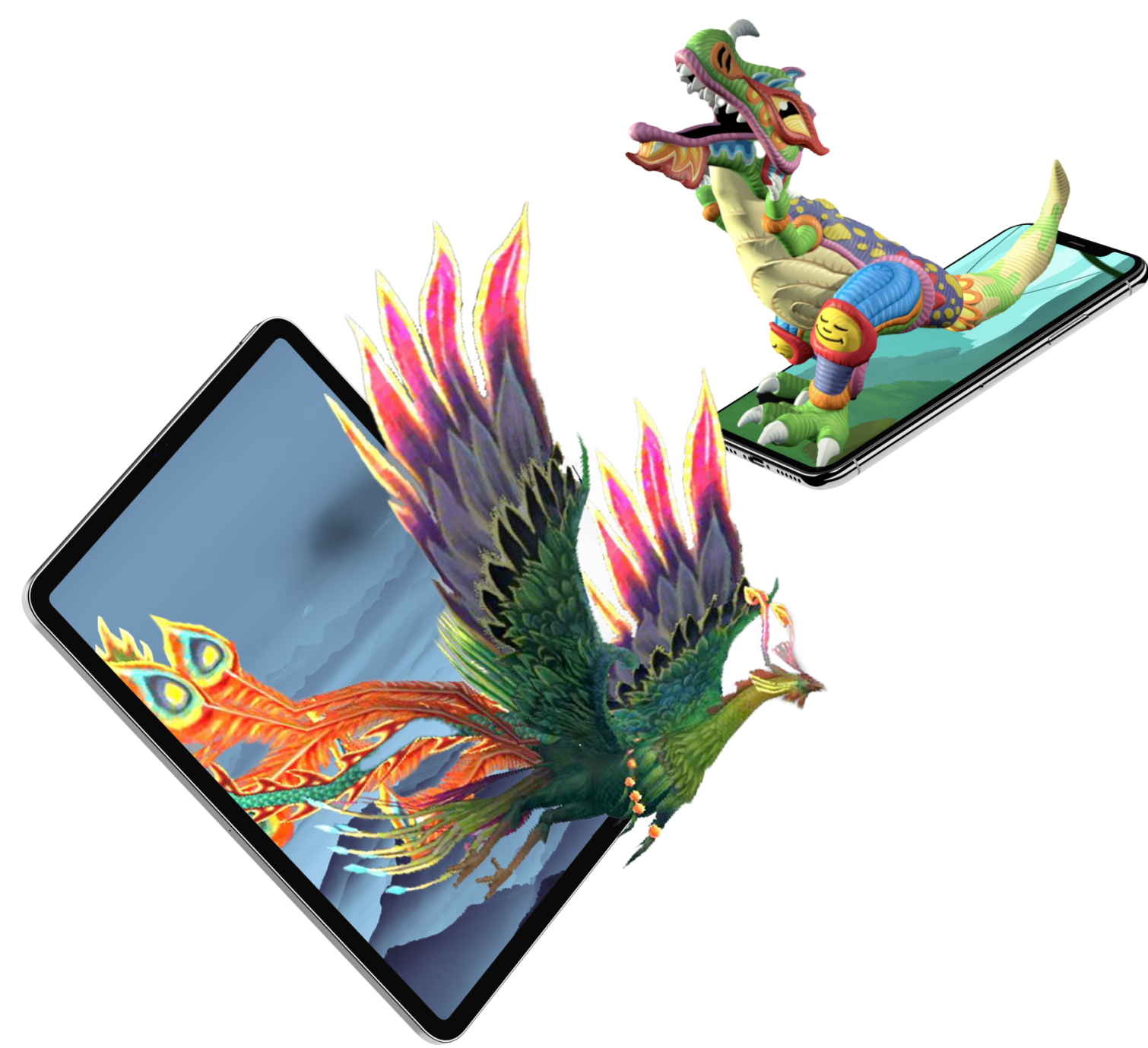How AI is Transforming Virtual Worlds
Artificial intelligence (AI) has emerged as a groundbreaking force reshaping various industries in recent years, and the realm of virtual worlds is no exception. From creating more immersive experiences to enhancing user interactions, AI fundamentally transforms how we engage with virtual environments. This article delves into the role of AI in revolutionizing virtual worlds, exploring its impact on virtual reality (VR), augmented reality (AR), and the burgeoning metaverse.
The Role of AI in Virtual Worlds
At the heart of this transformation are advanced AI algorithms and technologies that enable virtual worlds to mimic the real world with astonishing accuracy. These technologies allow developers to create high-quality virtual environments that respond intelligently to user behaviors. By analyzing data and learning from interactions, AI can adapt virtual worlds in real time, making them more dynamic and engaging.
Machine learning, a subset of AI, plays a crucial role here. It enables virtual environments to learn and evolve without explicit programming. For instance, AI can analyze how players navigate a game world and adjust challenges accordingly, providing a tailored experience that engages users.
Enhancing User Experience with AI
One of the most significant ways AI enhances virtual worlds is by improving the user experience. Through personalized experiences, AI can adapt to individual user preferences, making each interaction unique. This personalization is achieved by analyzing user behaviors and preferences, allowing the virtual world to offer content and challenges that align with the user's interests.
Moreover, AI-driven user interactions are becoming more sophisticated. Non-player characters (NPCs) in games and virtual assistants in VR environments are now equipped with natural language processing (NLP) capabilities. This means they can understand and respond to human speech in a way that feels natural, making interactions more engaging and realistic.
Creating Immersive Experiences
AI is instrumental in crafting immersive experiences that blur the line between virtual and real. By generating realistic textures and environments, AI helps create virtual worlds that are visually stunning and believable. AI-generated graphics and landscapes can adapt to the user's actions, providing a dynamic environment that feels alive.
For example, in virtual reality simulations, AI can adjust environmental factors like weather, lighting, and terrain in response to the user's movements and decisions. This level of immersion is essential for applications ranging from gaming to training simulations, where a realistic environment enhances the overall experience.
AI in VR, AR, and the Metaverse
Integrating AI in virtual reality (VR) and augmented reality (AR) platforms is accelerating the development of the metaverse—a collective virtual shared space merging physical and virtual reality. AI technologies are crucial for creating interactive and responsive environments within these platforms.
In Augmented Reality, AI helps overlay digital information onto the real world seamlessly. For instance, AI algorithms can recognize objects and environments, allowing AR applications to provide relevant information or interactive experiences in real time. In virtual reality, AI enhances the realism and interactivity of virtual worlds, making them more engaging for users.
The metaverse relies heavily on AI to function effectively. AI enables the creation of vast, interconnected virtual spaces where users can interact with each other and the environment in meaningful ways. By managing complex data and interactions within the metaverse, AI ensures a smooth and immersive user experience.
Natural Language Processing in Virtual Worlds
Natural language processing (NLP) is a critical component of AI that focuses on the interaction between computers and human language. NLP allows for more natural and intuitive communication between users and AI-driven characters or systems in virtual worlds.
With NLP, virtual assistants and NPCs can understand spoken commands, answer questions, and engage in conversations that enhance the user experience. This capability is particularly important in educational and professional applications of virtual worlds, where effective communication is essential.
AI-Driven Development and Machine Learning
The use of AI-driven development tools is streamlining the creation of virtual worlds. AI can automate many game and environment design aspects, from generating landscapes to scripting character behaviors. This speeds up development and allows for more complex and detailed virtual environments.
Machine learning models are integral to this process. They can analyze vast amounts of data to identify patterns and make predictions, which can inform the development of virtual worlds. For example, machine learning can help predict which game features will be most popular with users, allowing developers to focus their efforts effectively.
Conclusion
Integrating artificial intelligence (AI) into virtual worlds is revolutionizing how we interact with digital environments. Through advanced AI algorithms and technologies, virtual worlds are becoming more responsive, personalized, and immersive.
As AI continues to evolve, we can expect even more innovative applications in virtual reality (VR), augmented reality (AR), and the metaverse. These advancements will enhance user experiences and open up new possibilities for how we learn, work, and play in virtual environments.
By bridging the gap between the virtual and the real world, AI is not just transforming virtual worlds—it's redefining the very nature of human-computer interaction.
TALK TO A PRO
We're here to bring your brand to life!
Stay Connected with BrandXR
Create Augmented Reality for Free!
Create, Publish, and Measure 3D Augmented Reality Experiences Without Having to Code.














